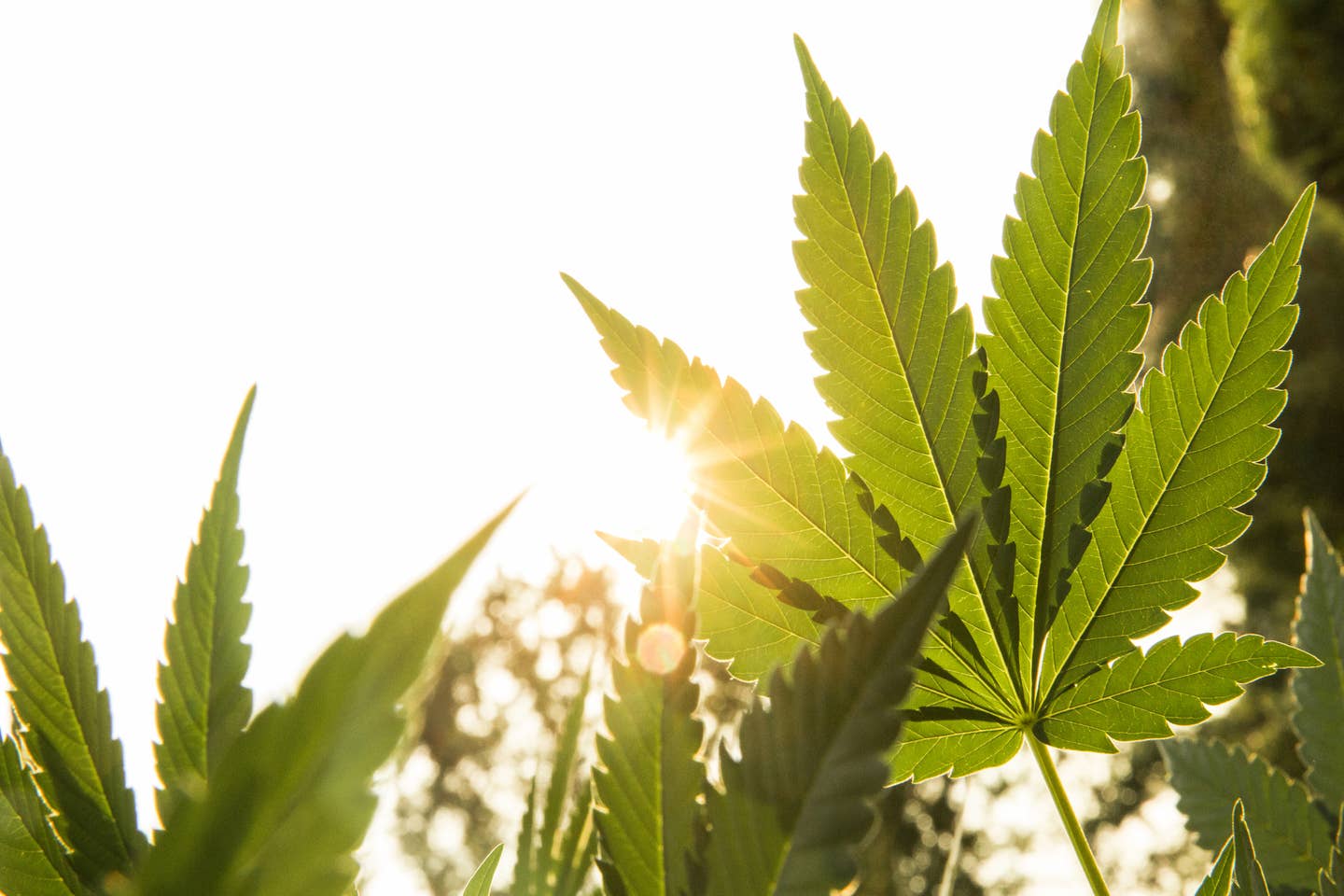
Cannabis Compounds Shown to Prevent and Treat COVID-19 in Lab Study
Attention all you grass fans. Now there's a reason to bake up some brownies: Compound in cannabis has been shown to prevent and treat COVID-19 in a lab study, and while humans have yet to prove the thesis, there is promising evidence that it is safe and could be an effective way to ward off the virus. The study, published in the Journal of Natural Products, shows that a compound in hemp is effective in killing the virus, including emerging variants.
Researchers from Oregon State University identified two compounds found in cannabis, cannabigerol acid, and cannabidiolic acid (CBGA and CBDA) which were found to have the ability to block cellular entry of the virus into the cell membrane.
These compounds worked by binding to spike proteins found on the virus "and blocked a step the pathogen uses to infect people," the study reports. The researchers tested the reaction of the compounds against alpha and beta variants of the virus in the lab (but not delta or omicron) and concluded that isolated compounds, which are found in hemp extract, have the potential to "prevent, treat, and stop the spread of the virus."
Safe for human use
“These compounds can be taken orally and have a long history of safe use in humans,” said Richard van Breemen, who is a researcher with Oregon State’s Global Hemp Innovation Center. “They have the potential to prevent as well as treat infection by SARS-CoV-2,” he said in the statement.
Hemp is a botanical class of Cannabis Sativa and is one of the fastest-growing plants on Earth. Its commonly used for medical use and hemp extract is used in a wide range of beauty products, food and beverage, and dietary supplements.
While more research is needed, this new study shows a potential plant-based solution to help aid in the prevention and treatment of coronavirus.
Bottom Line: Cannabis compounds found to prevent infection by COVID-19 in lab
In a study out of Oregon state, compounds in cannabis worked by binding to the spike proteins on the coronavirus and blocked it from entering cell membranes. The researchers said that these compounds are safe for human consumption.
More From The Beet






